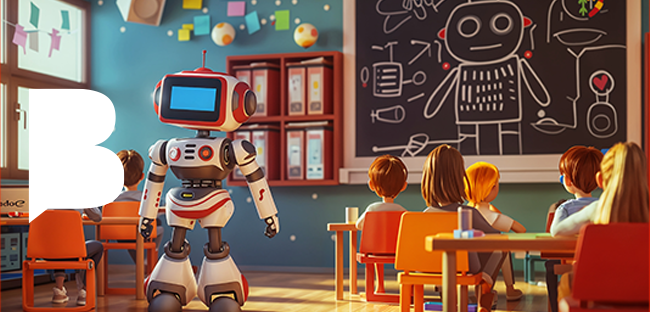Anthropic chief executive Dario Amodei has issued a stark warning that superhuman AI could inflict civilisation-level damage unless governments and industry act far more quickly and seriously.
In a forthcoming essay, Amodei argues humanity is approaching a critical transition that will test whether political, social and technological systems are mature enough to handle unprecedented power.
Amodei believes AI systems will soon outperform humans across nearly every field, describing a future ‘country of geniuses in a data centre’ capable of autonomous and continuous creation.
He warns that such systems could rival nation-states in influence, accelerating economic disruption while placing extraordinary power in the hands of a small number of actors.
Among the gravest dangers, Amodei highlights mass displacement of white-collar jobs, rising biological security risks and the empowerment of authoritarian governments through advanced surveillance and control.
He also cautions that AI companies themselves pose systemic risks due to their control over frontier models, infrastructure and user attention at a global scale.
Despite the severity of his concerns, Amodei maintains cautious optimism, arguing that meaningful governance, transparency and public engagement could still steer AI development towards beneficial outcomes.
Without urgent action, however, he warns that financial incentives and political complacency may override restraint during the most consequential technological shift humanity has faced.
Would you like to learn more about AI, tech and digital diplomacy? If so, ask our Diplo chatbot!









